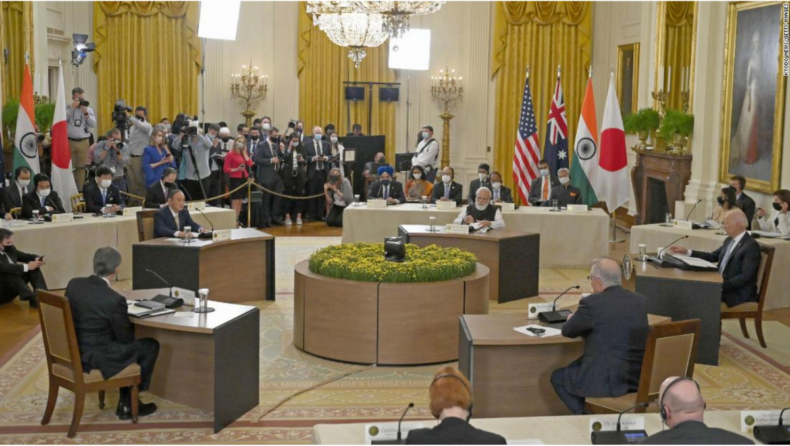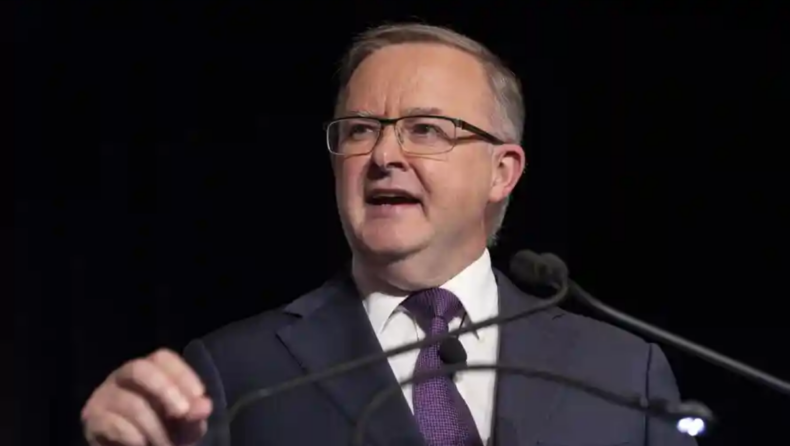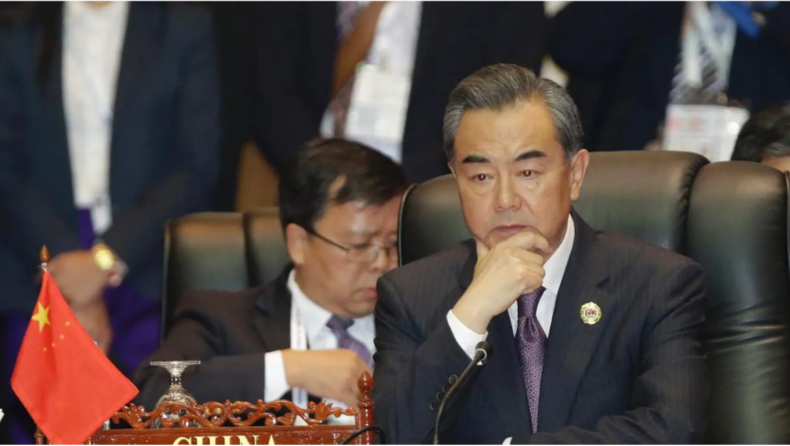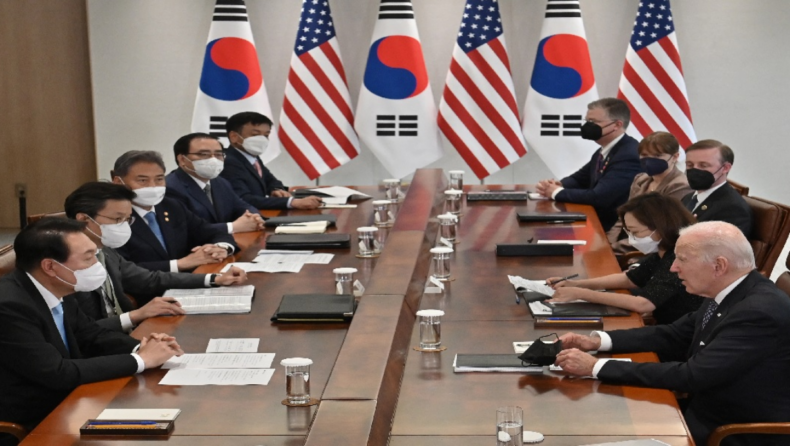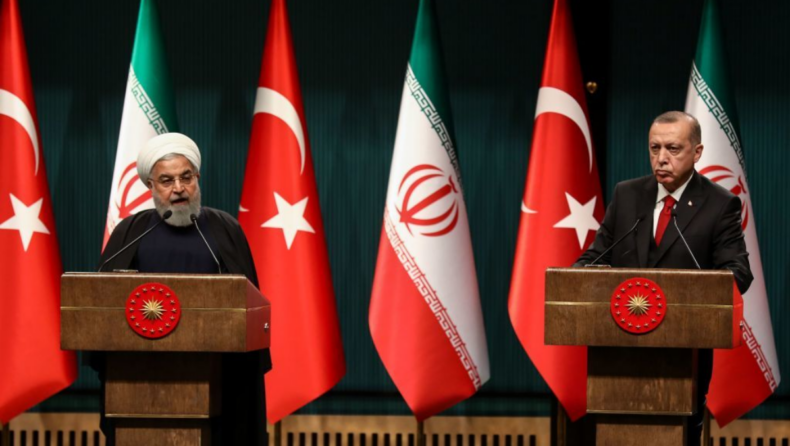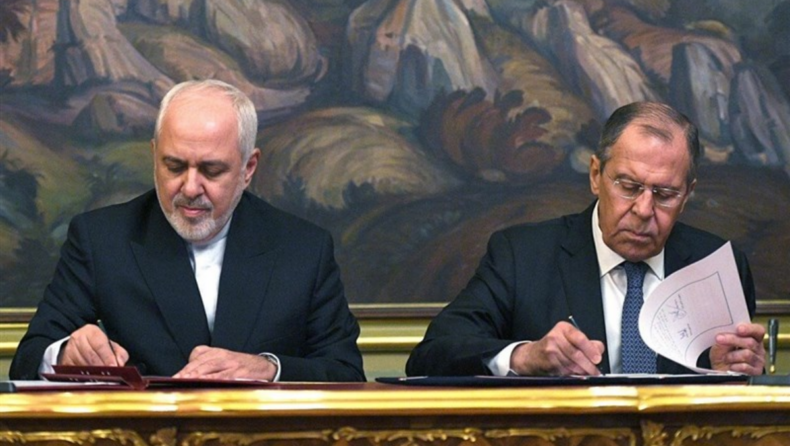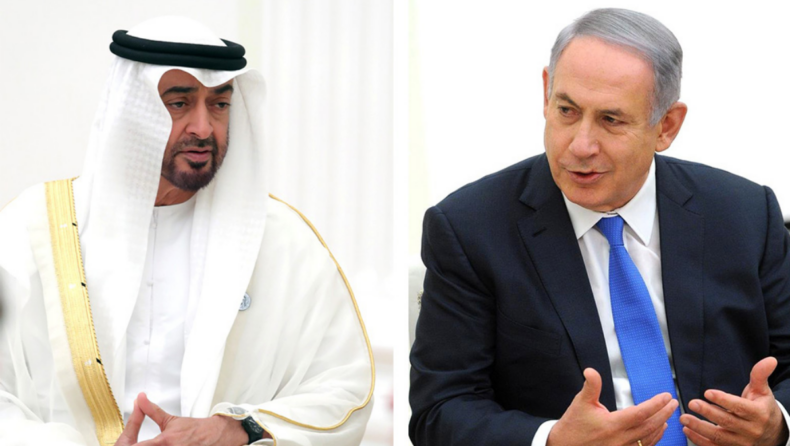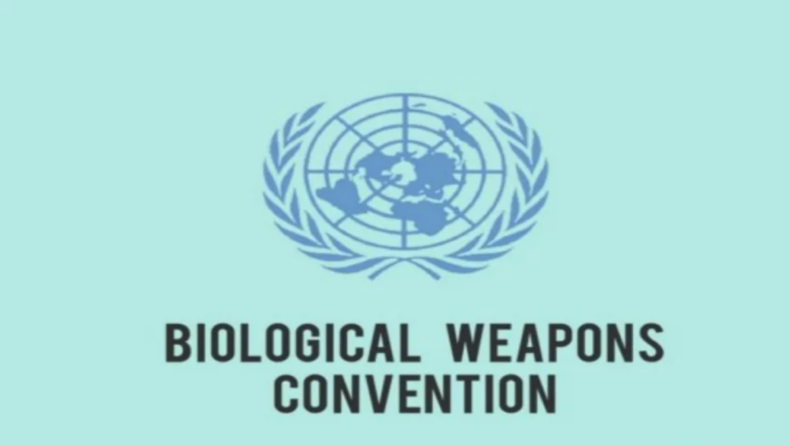Author: Shaurya Negi
I have completed my post graduation in International Relations from Amity University, Noida. In my position as a student of international relations, the global affairs are of particular interest to me.
On Tuesday, May 24, 2022, the four leaders of the “Quad” group of countries pledged to work together for a free and open Indo-Pacific region and also to combat climate change. Moreover, they met for talks aimed at countering an increasingly assertive China. The talk started with three “close democratic partners,” including Prime Minister Narendra Modi. The US President Joe Biden criticized Russia’s invasion of Ukraine as a global issue, not just a European one. Fumio Kishida, the Japanese Prime Minister, agreed, saying that the same thing should not happen in Asia as well. According to a US official, Taiwan…
Anthony Albanese, Australia’s new prime minister, was appointed on Monday, May 23, 2022, ahead of a Tokyo summit with President Joe Biden. Also, as vote counting proceeded to determine whether he will command a majority in a Parliament, demanding tougher climate action. In Saturday’s election, Prime Minister Anthony Albanese’s centre-left Labor Party defeated Scott Morrison’s conservative coalition. Hence, for nine years, three prime ministers had led the coalition to power. Mr. Albanese stated before flying to Canberra to be sworn in that he wanted to lead a government that believes in the same sentiment of optimism also hope that I…
The head of the US-India Business Council (USIBC) has proposed the creation of structures and legal frameworks to ensure the digital economy’s continued vitality and growth in the United States and India. On Sunday, Mr. Atul Keshap, President of the USIBC, spoke on the panel “Commerce & Industry 2.0” at the 7th India Ideas Conclave in Bangalore. It was hosted by the India Foundation. Mr. Keshap spoke about India’s remarkable growth and the success of government-led digitization efforts. Also, he mentioned the country’s position as the world’s fastest-growing large economy. Digital economy trade between the two nations is indeed the…
The leaders of the United States, Japan, Australia, and India will meet in Tokyo next week. Foreign Minister of China Wang Yi slammed what he called negative moves by Washington and Tokyo against Beijing. Wang told Japanese Foreign Minister Yoshimasa Hayashi that “What arouses attention and vigilance is the fact that the so-called joint Japan-US anti-China posturing is already splashing water even before the American leader has set out for the meeting.” At a meeting of the Indo-Pacific strategic partnership known as the Quad, Japanese Prime Minister Fumio Kishida will host US President Joe Biden, Indian Prime Minister Narendra Modi,…
President Joe Biden of the United States and President Yoon Suk-yeol of South Korea met on Saturday. They said that they will consider expanding military exercises to dissuade North Korea’s nuclear threat at a time when real diplomacy seems unlikely. Following Russia’s invasion of Ukraine, the United States and South Korea issued a joint statement. They declared their commitment to a “rules-based international order.” The statement has set the tone for how the US and its allies will respond to any North Korean challenges. The statement will enrage North Korea, which already blames its nuclear and missile development on perceived…
Turkey has become the main force of a joint Western-Arab-Turkish policy. This policy aims at forcing Syrian President Bashar al-Assad to relinquish power. Thus, it has a significant shift in Turkish policy. Also, Prime Minister Recep Tayyip Erdogan’s government had gone to great lengths to foster good relations with Syria, with whom Turkey shares a long land border. This shift in Syria policy has also cost Turkey dearly in terms of its relations with Iran. Turkey had cultivated Assad’s main ally as part of Foreign Minister Ahmet Davutoglu’s “zero problems with neighbors” policy. Intermediating between Iran and Western countries Many…
Russian Foreign Minister Sergey Lavrov and his Iranian counterpart Javad Zarif signed a cybersecurity cooperation agreement in January 2021. The cooperation in cybersecurity, technology transfer, combined training, and coordination at multilateral forums such as the United Nations are all part of the agreement. The agreement’s cooperation with Moscow could help Tehran improve its cyber capabilities. The deal is primarily defensive in nature, motivated by the countries’ shared animosity toward the US. The agreement’s influence is in the Middle East and also a desire to reduce reliance on Western technology. However, there are limits to how closely the two sides can expect…
On September 15, 2020, the Abraham Accords were signed which normalize Israel-UAE and Israel-Bahrain relations. The agreements signed by Israel with two Gulf states represent a significant shift in Middle Eastern geopolitics, which has long been marked by Arab Gulf states’ refusal to engage in talks with Israel. Following the devastating war in the Gaza Strip in May 2020, US President Joe Biden and his administration are laying the foundations to encourage more Arab countries to sign accords with Israel and work to strengthen existing agreements. The Abraham Accord, a deal between Israel and the United Arab Emirates, has been…
Globalization connects the world, transforming it into a small community across time and space, with technology serving as the primary facilitator of this interconnection. People, services, capital, goods, ideas, and knowledge move quickly and freely across borders in this process. One might foresee the benefits of globalization and technology to outshine during times of minimal physical contact, such as the recent COVID-19 pandemic. This would imply continued studies and communication among those involved in educational systems. Unfortunately, during pandemics, the benefits of globalisation and technology to university education were limited in some developing countries. Because technology’s application was limited, some…
The World Health Organization (WHO) has been at the forefront of informing the public, investigating the origins of the novel coronavirus, and encouraging public health measures around the world since the outbreak began. The Biological Weapons Convention is a separate international agreement that is similar in some ways to the regulations that guide the health body. The treaty has the potential to play a vital role in preventing deliberate biological attacks that could cause a pandemic. The International Health Regulations, which underpin the WHO, overlap with the bioweapons treaty. Both rely on governments’ ability to monitor disease outbreaks, provide protective…
Contact us:
online@asianatimes.com
Copyright © 2024 Asiana Times. All Rights Reserved







